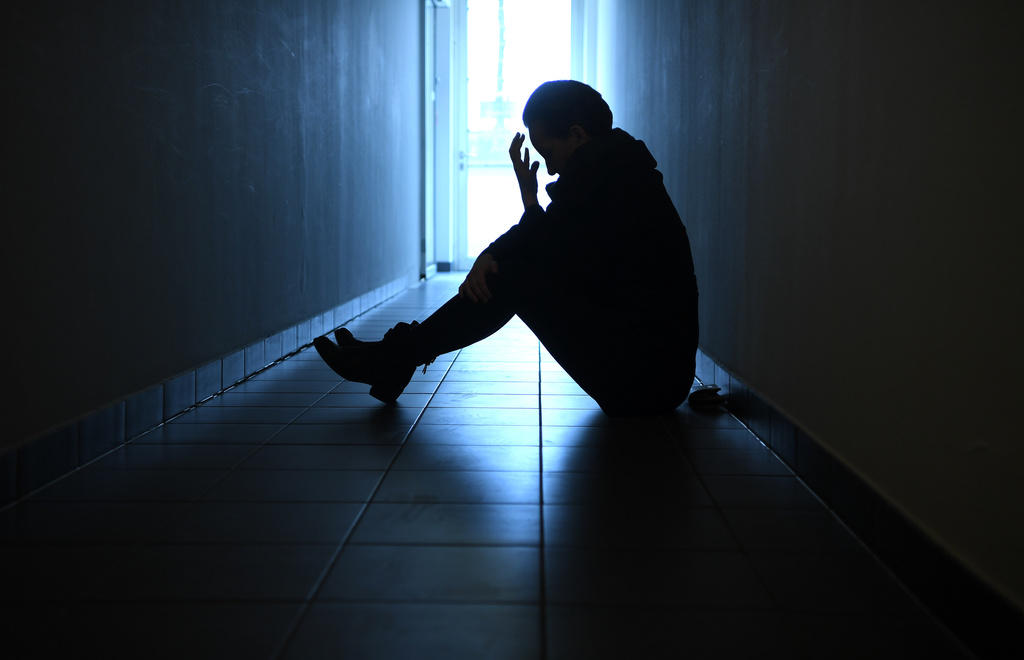
Study identifies 20 new genes associated with bipolar disorder

An international research team, including scientists from the University of Basel, has identified 20 new genes associated with bipolar disorder.
Bipolar disorder, formerly known as manic depression, affects around 1% of the population during their lifetime. Previous research had shown how different genes contribute to the development of the mental health condition.
A new study, published in the Nature Genetics journalExternal link by an international team of 280 scientists, has identified twenty new gene areas involved in the disorder.
The team compared the genetic material of 30,000 bipolar patients and 170,000 healthy subjects to detect small differences in genetic material, the University of Basel said in a statementExternal link. Professor Sven Cichon and his team at the University of Basel’s biomedicine department are now analysing the biological functions of the identified genes.
For the first time, the study also revealed evidence that insulin regulation and factors concerning how the body regulates pain are linked to the development of the disorder. It also showed that differences between two clinically distinct types of bipolar disorder are reflected in the genome.
Type 1, associated with more pronounced manic and depressive phases, is closer to schizophrenia at the genetic level, while Type 2, which is less pronounced, has genetic indications linking it with depression. It is hoped that these findings can help lead to new therapies.

In compliance with the JTI standards
More: SWI swissinfo.ch certified by the Journalism Trust Initiative




























You can find an overview of ongoing debates with our journalists here . Please join us!
If you want to start a conversation about a topic raised in this article or want to report factual errors, email us at english@swissinfo.ch.